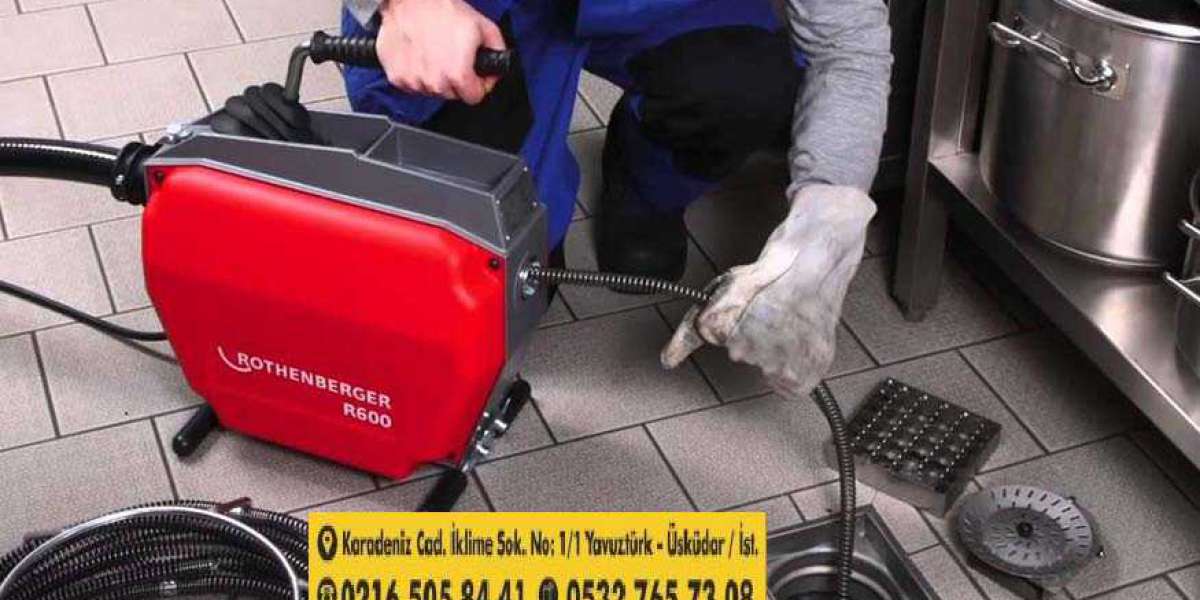When it comes to maximizing space efficiency in cable line installation, one of the key considerations is determining the ideal distance between lines and posts. This crucial aspect not only ensures the structural integrity of the installation but also plays a significant role in optimizing space utilization. In this article, we will delve into the various factors that influence the spacing between cable lines and posts, providing valuable insights and tips for achieving the perfect balance.
The Importance of Proper Spacing
Efficient cable line installation requires meticulous planning and attention to detail. The ideal distance between lines and posts is essential for maintaining the stability and functionality of the entire system. Inadequate spacing can lead to sagging lines, increased tension, and potential safety hazards. On the other hand, excessive spacing may result in unnecessary material usage and reduced overall efficiency.
Factors Influencing Spacing
Several factors come into play when determining the optimal distance between lines and posts. The type of cables being installed, the environmental conditions, and the intended use of the system all impact the spacing requirements. For example, high-tension power lines will require more significant distances between lines and posts compared to low-voltage communication cables.
Environmental Considerations
Environmental factors such as wind load, temperature variations, and soil conditions can also influence the spacing between cable lines and posts. In areas prone to strong winds, closer spacing may be necessary to prevent excessive swaying and potential damage. Similarly, in regions with unstable soil, additional support through closer post placement may be required to ensure the longevity of the installation.
Optimizing Space Utilization
While ensuring structural integrity is paramount, maximizing space efficiency in cable line installation also involves optimizing the use of available space. By carefully planning the spacing between lines and posts, installers can make the most of the available area without compromising on safety or functionality. This strategic approach not only enhances the aesthetics of the installation but also minimizes material wastage.
Best Practices for Achieving the Ideal Distance
When it comes to achieving the ideal distance between lines and posts, following best practices is essential. Conducting thorough site surveys, consulting industry guidelines, and leveraging advanced modeling tools can help installers determine the optimal spacing for their specific requirements. Additionally, regular maintenance and inspections are crucial for ensuring that the spacing remains consistent over time.
In conclusion, maximizing space efficiency in cable line installation by achieving the ideal distance between lines and posts is a multifaceted process that requires careful consideration of various factors. By prioritizing structural integrity, optimizing space utilization, and following best practices, installers can create robust and efficient cable line installations that meet the highest standards of quality and safety.







